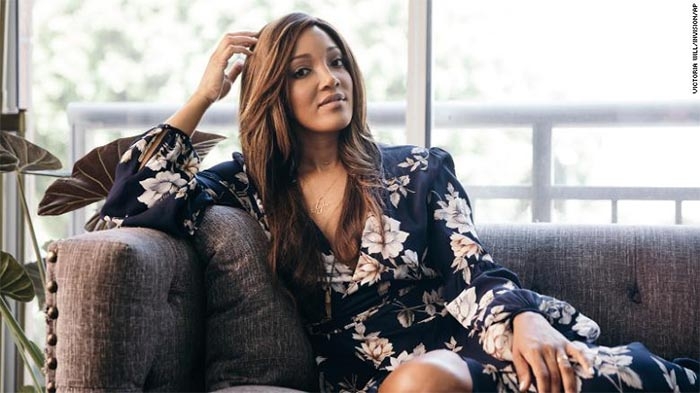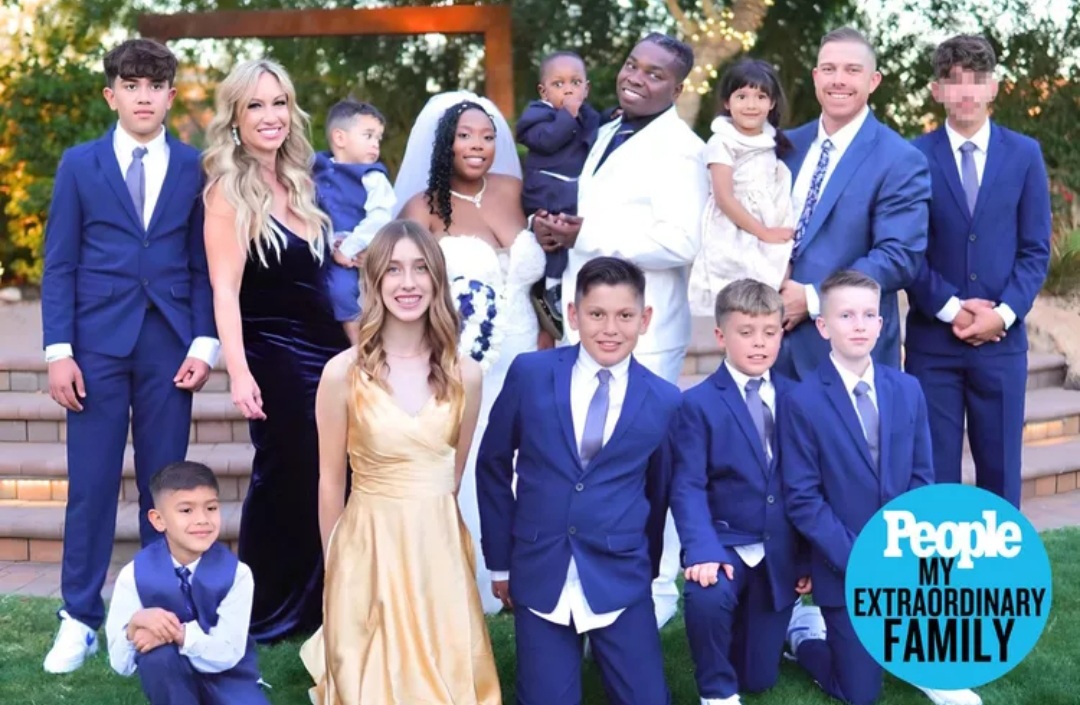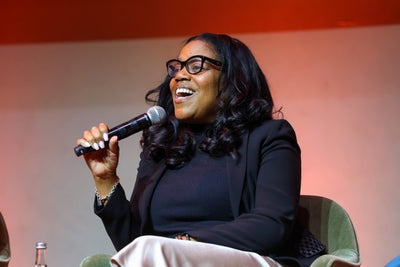
Until this year if Mickey Guyton’s struggles had been turned into a country music song, its title could have been “Almost Famous.”
Guyton was the Black country music singer who almost broke through when she sang at an all-star concert at the White House; almost became a star after she was nominated for an Academy of Country Music Award; and almost went big-time after music critics compared her gospel-inflected, church-honed vocals to everyone from Whitney Houston to Carrie Underwood.
Yet for years she hovered on the edges of stardom. “I always felt like I was almost there,” she says.
She got plenty of advice on how to be a Black country music star: Make sure your songs sound really country because listeners might think you’re being disingenuous. Don’t make your songs sound too R&B. You need to be more authentic.
Guyton says she tried so hard to fit into other people’s expectations that she developed insomnia and turned to heavy drinking.
“I was in this ‘woe is me’ kind of space where I asked myself, ‘Why do you have to be out in Nashville?’ Why did you have to be a Black woman in country music, knowing that you’ll never be accepted?'”
Guyton’s breakthrough came this summer after she decided to listen to herself. She released “Black Like Me,” a three-and-a-half-minute song that flipped the good ol’ boy patriotism of country music on its side and forced listeners to consider a different perspective with its chorus:
It’s a hard life on easy street
Just white painted picket fences far as you can see
If you think we live in the land of the free
You should try to be black like me



